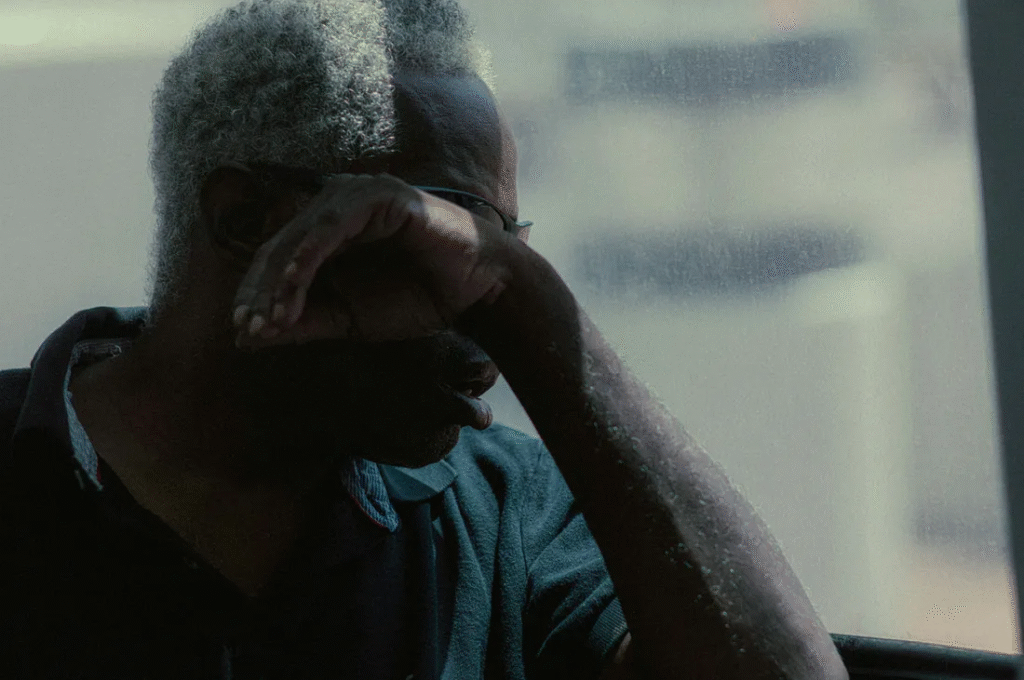As we close September, which is recognized as suicide prevention awareness month, I want to highlight that suicide is a serious problem affecting our elderly loved ones who feel hopeless and helpless, with some ending their lives.
For context, the Centers for Disease Control and Prevention (CDC) reported an increase in the age-adjusted suicide rate since 2021. The report states that in 2021 and 2022, people aged 75 and older had the highest suicide rates, mainly driven by males (CDC, 2025). There is a challenge in addressing suicide risk among older adults because many do not share or cannot share their feelings. The direct connection is feelings of imprisonment, neglect, and long-term health problems. As people age, they might face specific life changes that affect their mental health, such as coping with loss of independence, a serious illness, depression, or losing a loved one. While many loved ones adapt to these changes, some may experience feelings of grief, social isolation, or loneliness. Medical illnesses, family discord, financial problems, physical disabilities, and unrelieved pain can further worsen these factors.
Definitions Around Suicide
Suicide is defined as death caused by self-directed injury, with the intention of dying because of the behavior.
A suicide attempt is a self-directed, potentially injurious behavior intended to cause death. A suicide attempt might not result in death or injury.
Suicidal ideation refers to thinking about, considering, or planning suicide.
What are the Warning Signs?
· Hopelessness
· Stock-piling medication
· Not caring about grooming
· Loss of interest in things or activities
· Loss of appetite
· Grief from losing a loved one (often a spouse or child)
· Depression/Withdrawal
The most significant indicator expresses suicidal intent. Seeking help from the healthcare practitioner is your #1 defense. If your loved one lives alone, please check on their mental health. Everyone who says they are all right is not always okay.
As Your Proactive Caregiver Advocate, regularly assess the mental health of our loved ones. Life is a journey; like any incredible journey, it has its highs and lows, certainties and uncertainties. While risk factors such as loneliness, isolation, illness, or loss may exist, regular screening by a healthcare professional is essential. Don’t assume your loved one can handle aging on their own. Ask questions. Observe behaviors. Stay vigilant. Be safe! Be well!
Dr. Cynthia J. Hickman is a retired registered nurse and case manager who serves as the CEO of Your Proactive Caregiver Advocate. She is eager to share her third book, The Essential Caregiver Training Course for Corporations and Communities. Her earlier works, From the Lens of Daughter, Nurse and Caregiver: A Journey of Duty and Honor, and The Black Book of Important Information for Caregivers, highlight her experiences and insights gained through her heartfelt caregiving journey.

